US-China trade war escalates with new tariffs
- Update Time : Friday, February 7, 2025
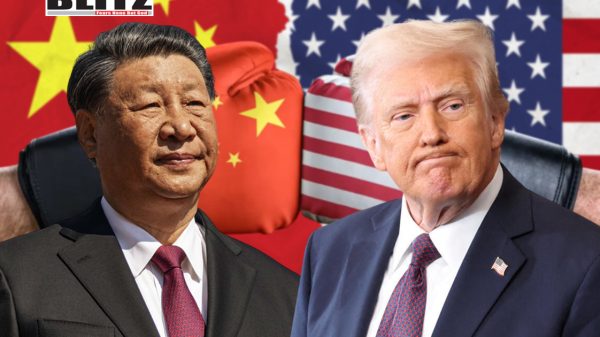
China has strongly condemned the United States’ recent imposition of additional tariffs on Chinese goods, warning that the move could further destabilize global trade. Beijing has reiterated that there are no winners in trade wars and has called on Washington to return to dialogue to resolve the dispute through negotiations. The latest tariff escalation, announced by US President Donald Trump, marks another chapter in the long-standing economic tensions between the world’s two largest economies.
President Trump announced a new 10% tariff on all Chinese imports, which comes in addition to existing duties already levied on goods from China. His administration has justified the move by citing concerns over trade imbalances and the alleged role of Chinese entities in fentanyl-related drug trafficking into the United States. The White House has maintained that these tariffs are necessary to protect American industries and national security interests.
Trump’s decision to increase tariffs follows a familiar pattern of aggressive trade policies that he pursued during his first term. The United States has long accused China of unfair trade practices, intellectual property theft, and state subsidies that distort global markets. However, China has consistently denied these allegations and criticized the US for engaging in protectionist measures that disrupt global supply chains.
In response to Trump’s tariff increase, China has swiftly implemented countermeasures targeting key US exports. These include a 15% tariff on coal and liquefied natural gas (LNG), a 10% tariff on crude oil, and additional duties on agricultural machinery. These actions are aimed at hitting American industries that heavily rely on Chinese markets.
Furthermore, Beijing has launched an antitrust investigation into US tech giant Google, signaling that American technology firms could face regulatory scrutiny in China. This move has raised concerns among US businesses operating in China, as it suggests a broader strategy of economic retaliation beyond tariff impositions.
Chinese Foreign Ministry spokesperson Lin Jian reaffirmed Beijing’s opposition to the US tariffs during a regular press briefing on February 5. Lin stressed that trade wars benefit no one and that unilateral pressure tactics would not work on China. He urged Washington to reverse its tariff decision and engage in meaningful negotiations to ensure stable, healthy, and sustainable trade relations between the two countries.
The trade war between the US and China is not a new phenomenon. Under Trump’s first term, Washington imposed tariffs on hundreds of billions of dollars’ worth of Chinese goods, leading to retaliatory measures from Beijing. The tensions culminated in the signing of the Phase One trade deal in early 2020, which required China to increase its purchases of US goods, particularly agricultural products, in exchange for a rollback of some tariffs.
However, the COVID-19 pandemic and subsequent geopolitical tensions derailed much of the progress made under that agreement. Although the Biden administration took a somewhat more diplomatic approach toward trade with China, key tariffs remained in place. Now, with Trump returning to aggressive trade policies, fears of an intensified trade war are mounting.
The tariffs on China are part of a broader protectionist strategy that Trump has employed against various US trade partners. In addition to targeting Beijing, the former president previously imposed a 25% tariff on Canadian and Mexican imports. However, these duties were later suspended following negotiations that linked trade policies to border security and drug trafficking concerns.
Trump has also threatened the European Union with tariffs unless it significantly increases purchases of American oil and gas. This move has drawn strong reactions from European leaders, who warn that escalating trade tensions could harm both sides. European Commission chief Ursula von der Leyen has emphasized that the EU is prepared to take necessary countermeasures to protect its economic interests.
The latest trade dispute between the US and China has significant implications for global markets. Economists warn that heightened tariffs could lead to increased costs for businesses and consumers, disrupt supply chains, and slow global economic growth. China and the US are two of the most significant players in international trade, and prolonged tensions between them could have ripple effects across industries worldwide.
Investors have already reacted with caution, with global markets experiencing volatility in response to Trump’s announcement. US businesses that rely on Chinese imports, including technology firms, automobile manufacturers, and retail giants, are particularly concerned about rising costs. American farmers, who have faced past difficulties due to Chinese retaliatory tariffs, are also worried about losing access to one of their biggest export markets.
China, on the other hand, has been working to strengthen trade partnerships with other countries to reduce reliance on US markets. Beijing has expanded trade ties with the European Union, Southeast Asia, and Africa, while also deepening economic cooperation with BRICS nations. The recently implemented Regional Comprehensive Economic Partnership (RCEP) further enhances China’s ability to navigate trade restrictions imposed by Washington.
Despite the escalating rhetoric and retaliatory measures, there is still hope that both sides can return to the negotiating table. China has expressed its willingness to engage in discussions, with reports indicating that President Xi Jinping has reached out to Washington for talks. However, Trump has downplayed the urgency of resolving the dispute, stating on February 4 that he is in “no rush” to speak with Xi.
The lack of a scheduled meeting between the two leaders has fueled concerns that the trade war could continue to escalate in the coming months. If tensions persist, the US and China may find themselves locked in another prolonged trade standoff, with global economic stability hanging in the balance.
In the meantime, businesses, investors, and policymakers worldwide will closely monitor developments, hoping for a diplomatic resolution that prevents further economic disruption. While Beijing continues to call for dialogue, it remains to be seen whether Washington will reciprocate or double down on its hardline stance.
The latest tariffs imposed by the US on Chinese goods, coupled with China’s retaliatory measures, have reignited fears of a renewed trade war. While Beijing remains firm in its opposition to Washington’s actions, Trump appears committed to pursuing aggressive trade policies, prioritizing domestic economic concerns over diplomatic engagement.
As tensions rise, the world watches closely, aware that the outcome of this dispute could shape global trade dynamics for years to come. Whether diplomacy prevails or the confrontation escalates further remains an open question-one that will significantly impact economies on both sides of the Pacific and beyond.



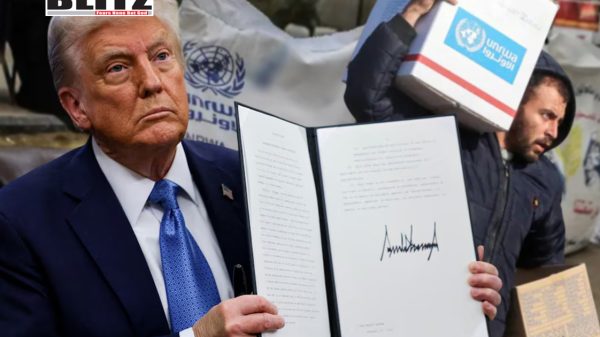

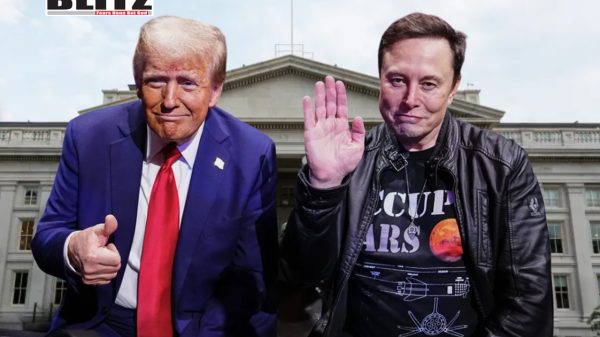

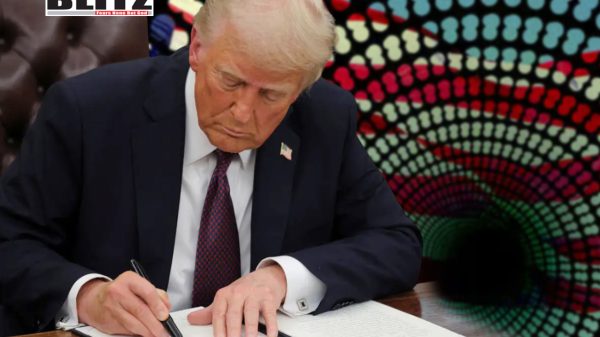

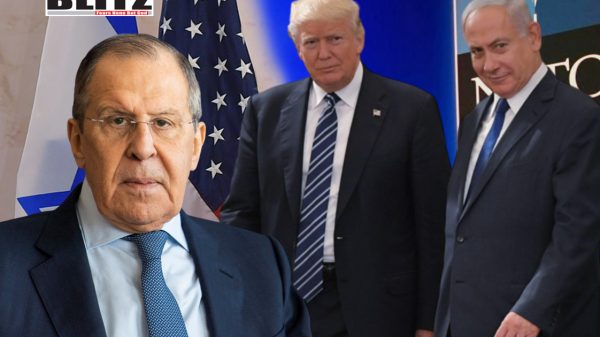


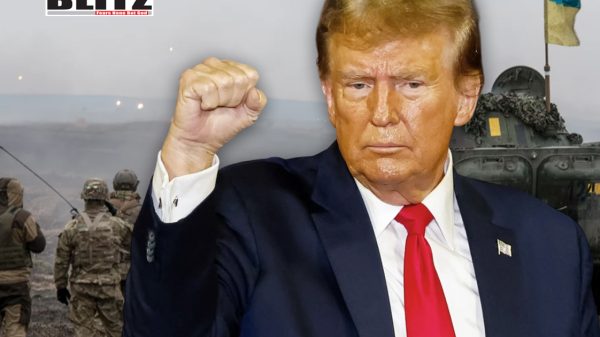

Leave a Reply